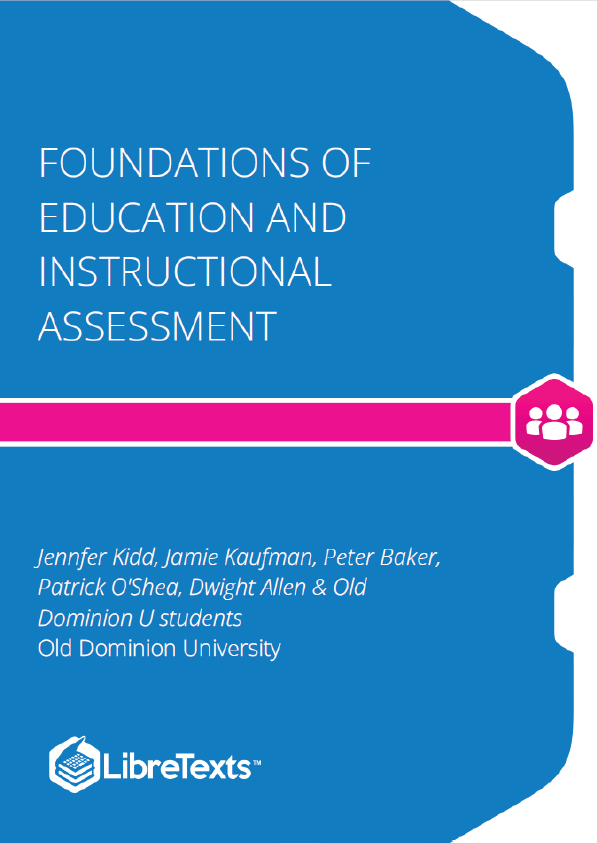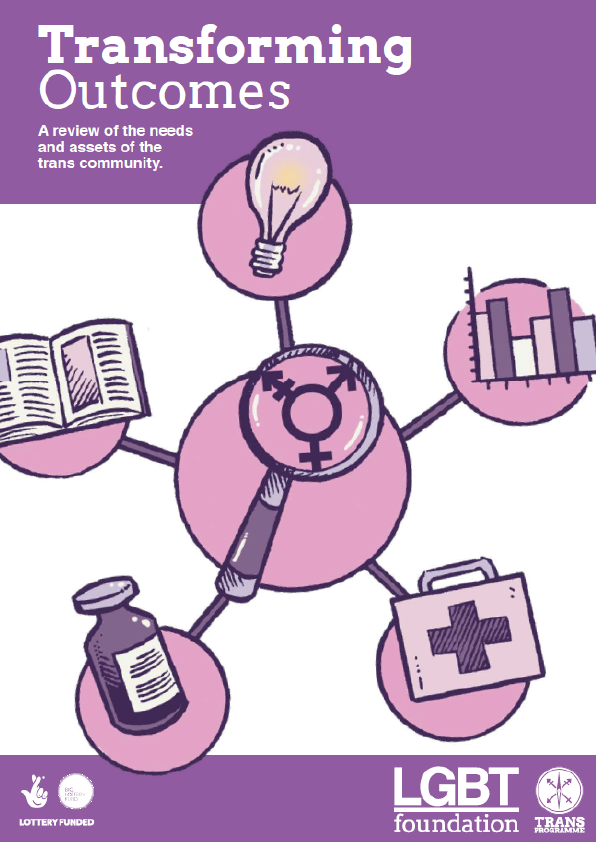This book is the newest iteration of a project that began way back in the Fall of 2006. This book was written, read, and studied by Undergraduate college students enrolled in their first education course. We hope you enjoy the new content and the creative ways in which that content is presented.
Why Teach?
Why do teachers teach? It is a rather simple question, however the question, what is a teacher, must be addressed first. Merriam- Webster’s definition of a teacher is “one whose occupation is to instruct” (Merriam-Webster, 2008, para. 1). That is a rather one dimensional definition of a teacher, as teachers these days, offer so much more to the class than just the information. They offer themselves. A collective definition of a teacher, is someone who “yearns to help children learn, watch them grow, and make a meaningful difference in the world” (Teacher Support Network, 2007, para. 2). This definition must be the main reason as to why individuals pursue teaching as a career. Generally the pay is low to fair, but the overall rewards are much greater, for as a teacher one can touch the hearts of the young and open their minds in order to tap their thirst for knowledge.
The Long Road
Becoming a teacher is a lengthy process obtained by numerous routes, such as night school or attending a four year college. Regardless of the process it is important to obtain at least a Bachelors degree in the desired teaching area, as well as a teacher certification which should include clinical experience (Lewis, L., Parsad, B., Carey, N., Bartfai, N., Farris, E. & Smerdon, B., 1999, para. 3). The average starting salaries were about $31,704 in the year 2003-04, whereas the average teaching salary was about $46,597 for the year 2004-2005 (Pearson Education Inc, table). Compare this to the average cost of living in the United States today which is continually rising (Boskey, para. 3).
Teaching is not a pocket cushining job, but one with long hours and a flat rate of pay. The income of course, depends on where the teacher is instructing. Private schools generally pay their teachers less for they do not need to have proper credentials, whereas schools located in urban areas pay more for those with proper credentials (Vedder, 2003, Public vs. Private, para. 1). Despite the lower pay for private school teachers, it is the students, the teacher’s indivdiual commitment to faith, and the freedom provided by not being governmentally run that attracts teachers (Vedder, 2003, Public vs. Private). Considering the figures above, it is clear that teaching is not a lucrative profession. It is the perogative of these individuals to choose a career in teaching, and often they have a strong motive behind their decision. Perhaps teachers teach for personal gain, or they have the desire to spread knowledge, or to watch children reach their full potential beneath their instruction. Regardless of the reason, the reward must be substantial to compensate for the lack of monetary reward.








